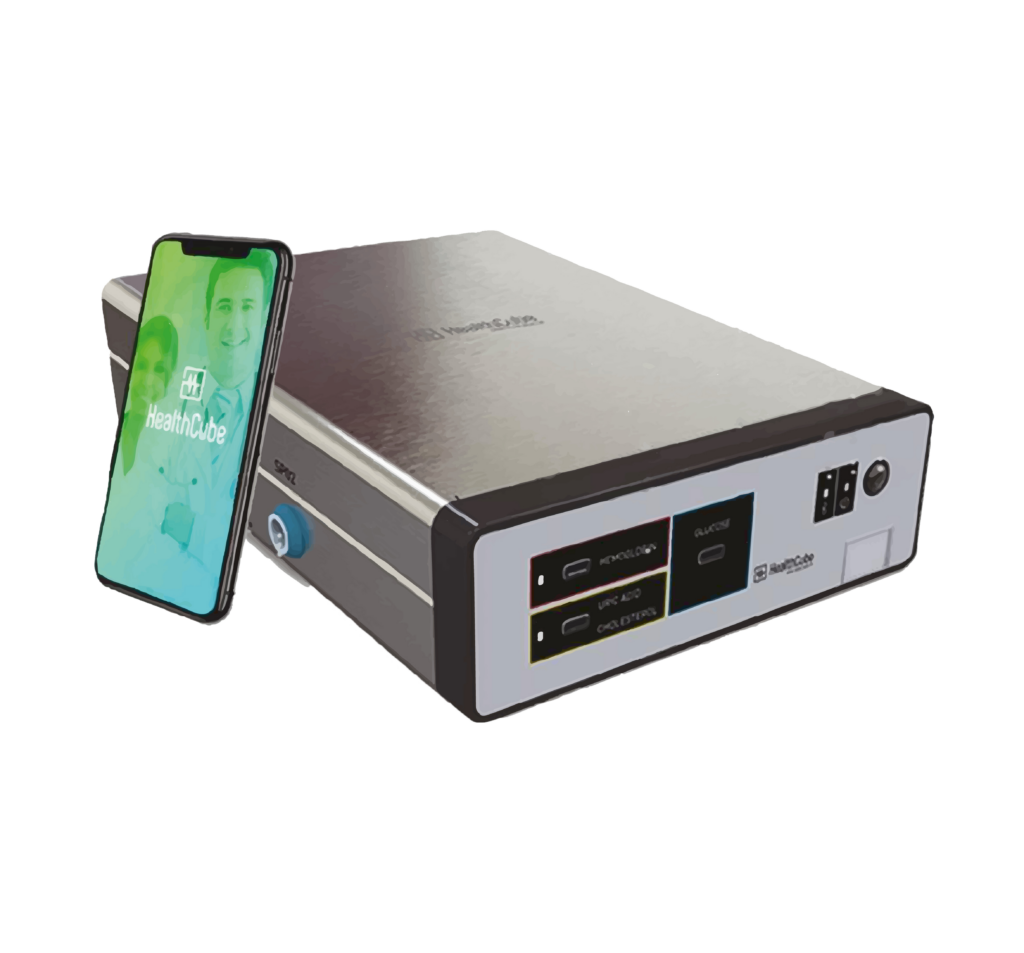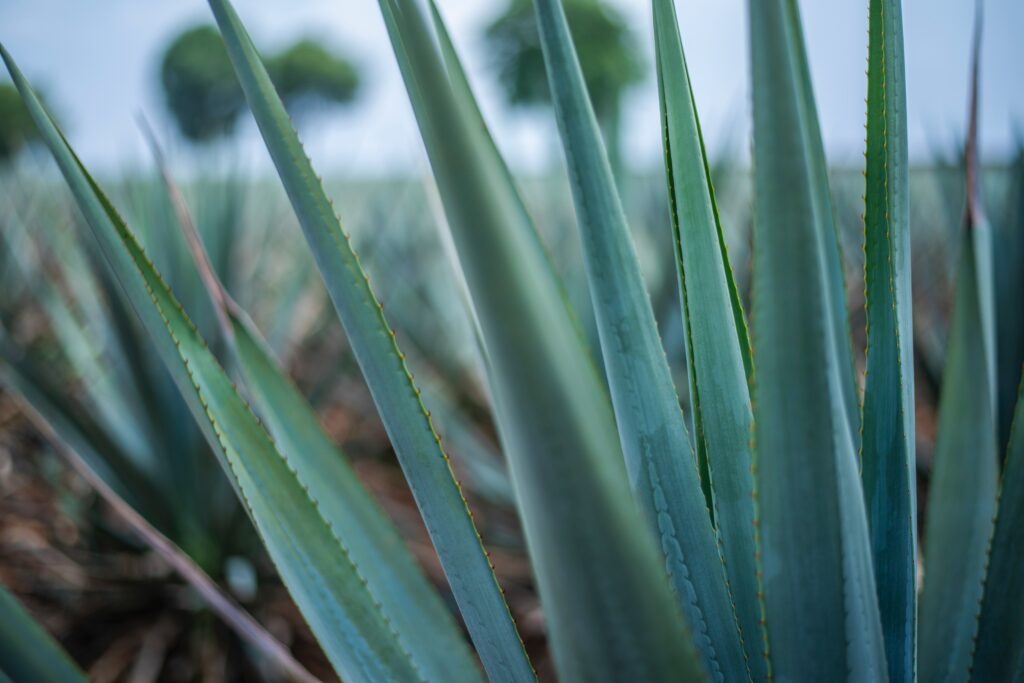
Innovating in an Emerging Economy
By Tim Stobierski
April 2023
A lack of critical infrastructure. Poor mobile and internet broadband coverage. Disruptive seasonal weather patterns. Limited access to reliable credit.
People living and working in emerging economies must regularly cope with challenges that more developed economies don’t need to worry about. Hurdles that would grind industrialized economies to a halt are simply part and parcel of life and business in emerging markets.
Though they are frustrating, these challenges also present many opportunities — opportunities that entrepreneurs around the world are beginning to seize upon and address.
It’s for this reason that some of the most exciting startups are happening in emerging markets, with companies like Gira, Healthcube and BioSolutions possessing the potential to revolutionize entire industries and change the lives of millions of people.
Gira, Healthcube and BioSolutions possess the potential to revolutionize entire industries and change the lives of millions of people.
Gira is a B2B marketplace in Brazil’s apparel segment, which connects garment manufacturers with the retailers that ultimately sell that clothing to consumers.
According to Lucas Chita, Gira’s CEO and Co-Founder, the company’s goal is to streamline Brazil’s traditionally complex apparel industry by making it easier for retailers to purchase products from manufacturers by consolidating logistics and providing them with credit.

“We want to use our platform, our technology and our financial products to reduce inefficiency, so that cheaper prices can be passed on to the whole population.”
“In Brazil, retailers must traditionally travel to the manufacturer in order to purchase and receive their inventory,” says Lucas. “That’s 10, 12, 15 hours of travel each time. That inefficiency drives up costs for everybody — the retailer and the consumer. We want to use our platform, our technology and our financial products to reduce this inefficiency, so that cheaper prices can be passed on to the whole population.”
Healthcube is a portable point-of-care (POC) diagnostic device that healthcare workers in India use to quickly screen for various illnesses and health conditions. The size of a large dictionary, it’s capable of running more than 32 different tests within minutes.
The size of a large dictionary, Healthcube is capable of running more than 32 different tests within minutes.
Company CEO Runam Mehta says the device — which connects to the user’s phone via Bluetooth — does not require direct internet connection, is charged by a power bank, and does not require medical training to operate. It was designed for use in remote and rural areas, where people often lack access to fast and reliable testing.

“Health outcomes are dependent on an accurate diagnosis,” says Runam. “Unfortunately, there are many diseases and health conditions that present with similar symptoms, but are treated very differently.”
For example, high fevers are a symptom of three insect-borne diseases that are common in India: dengue fever, malaria and chikungunya. To determine which of the diseases a patient has, a doctor would traditionally need to draw blood and send it off to a lab for analysis — typically getting the results back two to three days later.
“With Healthcube, they can run three tests, and will know which of the three it is in under 15 minutes,” Runam says. “That means faster and more accurate treatment for the patient.”
BioSolutions uses a proprietary process to harvest cellulose fibers from bagasse — the agave waste leftover from tequila production — which are then transformed into a bioplastic known as polyagave. These bioplastics can be durable or nondurable, are well-suited to injection molding and extrusion, and are a more sustainable alternative to petroleum-based plastics.
According to Ana Laborde, CEO and Co-Founder of the Mexican-based company, traditional bioplastics are made from a food product like grain or potatoes, which would make its way into the food chain if it were not harvested for plastic production.
“As an entrepreneur, you are going to encounter a lot of complications you never imagined. If you’re lucky, you’ll come to see those challenges as the best thing that could have happened to your business.”

“We wanted to find a way of making bioplastics from nonfood plant sources,” says Ana. “By turning to the tequila industry for our cellulose, we were able to create a bioplastic out of plant waste that would otherwise be left to rot in the field.”
Of course, innovating in an emerging economy does not come without its challenges. All three entrepreneurs cited complex and mercurial government regulations as a top challenge, as well as difficulty attracting both talent and funding. They also said that resilience was the number-one quality needed to adapt to these challenges.
“As an entrepreneur, you are going to encounter a lot of complications that you have never imagined, that were not scoped out in your business plan,” says Ana. “To succeed, you need the resolve to tackle those challenges and move forward. If you’re lucky, you’ll eventually come to see those challenges as the best thing that could have happened to your business, because they force you to adapt for the better.”
